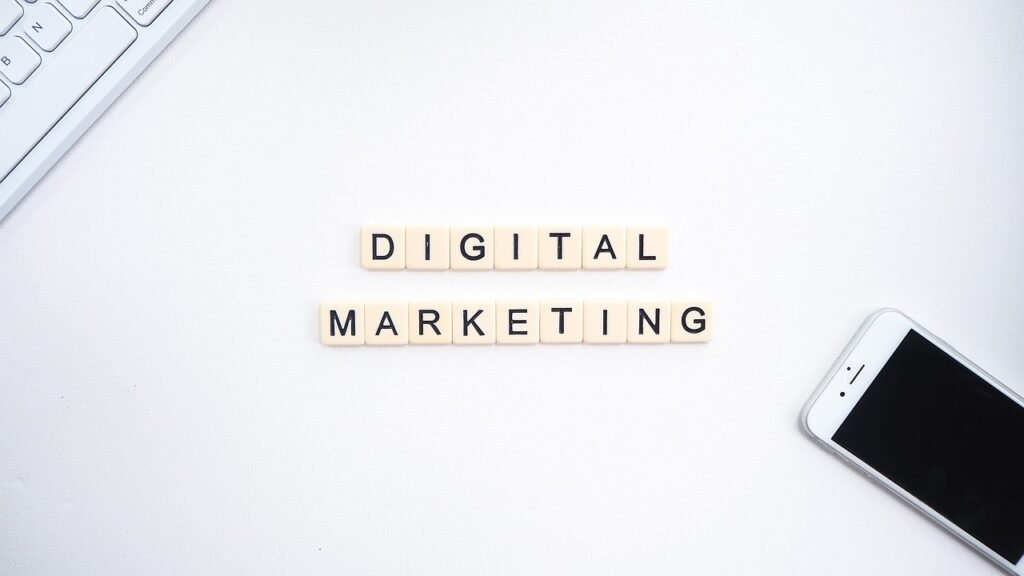
What Is SEO and Why Is It Important?

Key Components of Digital Marketing
Digital marketing refers to the use of digital channels, technologies, and strategies to promote products, services, or brands to target audiences. It leverages the internet, social media, search engines, email, mobile apps, and other digital platforms to connect with customers and drive business growth.
Digital Marketing:
Search Engine Optimization (SEO):
Improving a website’s visibility on search engine results pages (SERPs) through organic (non-paid) methods. It involves optimizing website content, structure, and backlinks.Content Marketing:
Creating and sharing valuable, relevant, and engaging content (blogs, videos, infographics, eBooks, etc.) to attract and retain a target audience.Social Media Marketing:
Using social media platforms (Facebook, Instagram, Twitter, LinkedIn, etc.) to connect with audiences, build brand awareness, and drive traffic.Pay-Per-Click (PPC) Advertising:
Paid digital ads where advertisers pay a fee each time their ad is clicked. Examples include Google Ads and social media ads.Email Marketing:
Sending targeted emails to prospects or customers to promote products, share updates, or nurture relationships.Affiliate Marketing:
Partnering with individuals or businesses (affiliates) who promote your products in exchange for a commission on sales.Influencer Marketing:
Collaborating with influential personalities on digital platforms to promote products or services.Mobile Marketing:
Reaching audiences on smartphones and tablets via SMS, mobile apps, or mobile-optimized websites.Analytics and Data Analysis:
Using tools to measure and analyze the performance of digital campaigns, customer behavior, and trends for optimization.Conversion Rate Optimization (CRO):
Improving the percentage of website visitors who take desired actions, such as making a purchase or signing up for a newsletter.
Benefits of Digital Marketing:
- Global Reach: Enables businesses to connect with a worldwide audience.
- Cost-Effectiveness: Often more affordable than traditional marketing methods.
- Targeted Advertising: Allows precise targeting based on demographics, interests, behavior, and location.
- Measurable Results: Campaigns can be tracked and analyzed in real-time.
- Flexibility: Offers a wide variety of formats and channels for marketing.
Digital marketing has become an essential aspect of modern business strategies, enabling brands to adapt to the digital age and remain competitive.
